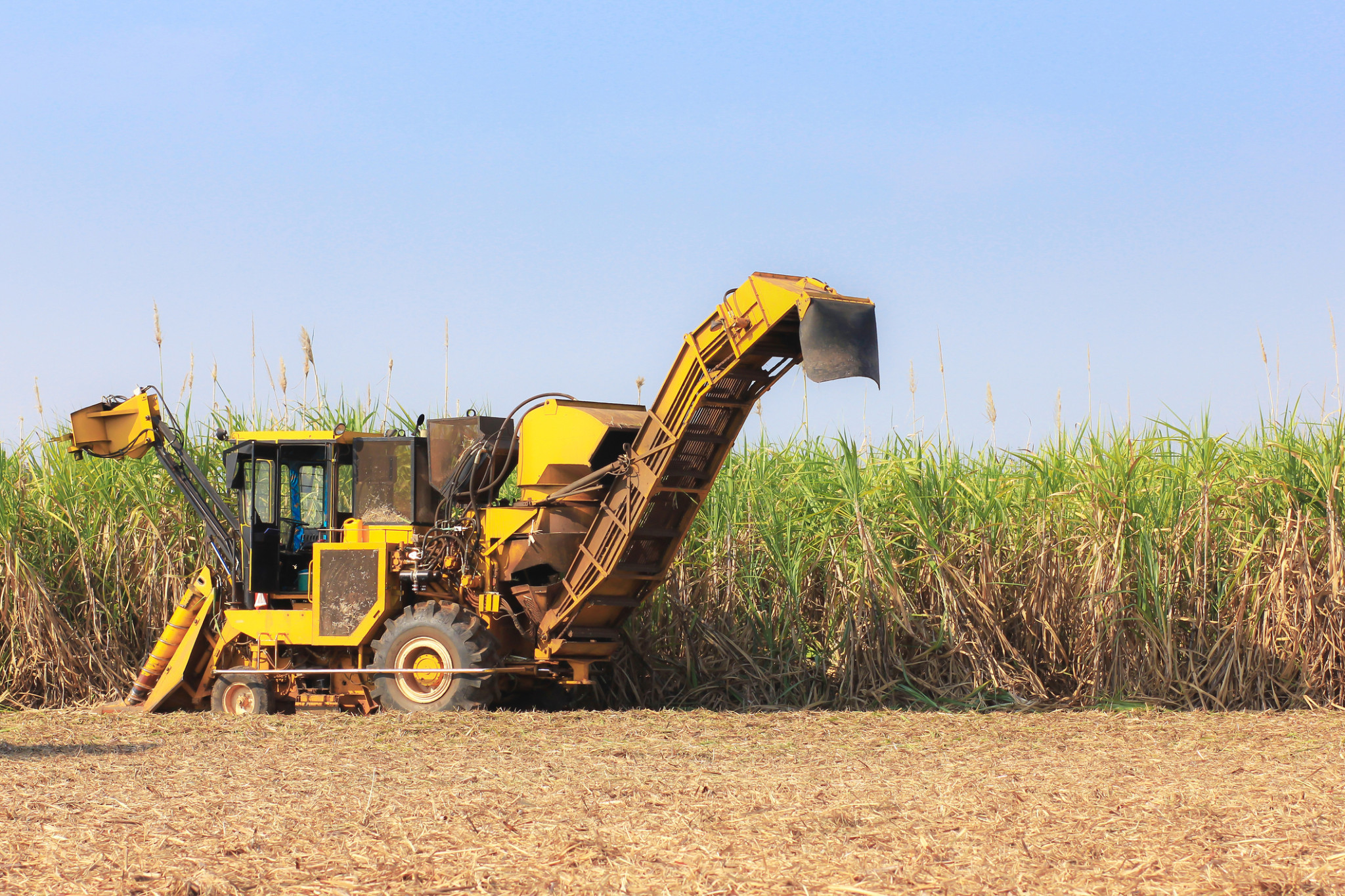Community & Business
24 November, 2023
Council wins support for critical changes
PROPOSED changes to the way land valuations are done for farming land and how often they are calculated are two of seven motions put forward by Tablelands Regional Council that were supported by councils throughout the State at a recent annual conference.

TRC put forward eight motions to the Local Government Association of Queensland (LGAQ) conference last month, seven of which will now be taken to the State Government in the hope changes can be made.
Mayor Rod Marti, and Crs Dave Bilney and David Clifton attended the conference with around 200 delegates from councils across Queensland.
“There were nearly 160 motions put forward by the 77 Queensland councils, so it took the good part of a day to get through them all.” Mayor Marti said.
“The motions covered the width and breadth of topics that affect and influence councils, their functionality and their decision-making processes.
“We are proud to say that seven of eight motions were endorsed by the conference, which is a real show of support for the issues we face in our region, and evidently in other parts of the state.”
Among the proposals TRC put forward was for the LGAQ to make representations to Minister for Resources Scott Stewart to have the Land Valuation Act 2010 amended to remove water licences from the unimproved value of the land to which the licence is attached.
This has long been a bugbear for farmers who say the water licences should not be considered when valuations are calculated because they elevate the valuation which results in them paying more for council rates.
“Within the primary production rating category, valuation changes ranged from an increase of 67% to a decrease of 4%, and the value of the water licence attributed to each property is not provided to the property owners or TRC,” council’s motion read.
Council also wants the valuations to be done only every three years, rather than annually.
“The current frequency is not required in rural areas and generates a significant workload for rural local governments and individuals through the objection and appeal process,” council’s motion read.
“Moving to a three-year cycle would align the valuation frequency with the maximum averaging provisions contained in the Local Government Act 2009. Changing to the three-year cycle would enable a more thorough and effective consultation period, sufficient sales activity to provide an accurate valuation assessment, and a longer period of certainty for landholders and ratepayers in relation to their rates and rentals.”
The other motion focussed on rates was for the LGAQ to support the existing guideline on equity and fairness in rating for Queensland local governments to be made mandatory for all councils to adopt as guiding principles to underpin their rating decision-making process.
Another important motion supported was that the LGAQ make representations to Minister for the Environment Leanne Linard to have Navua Sedge declared a prohibited or restricted plant under the Biosecurity Act 2014, to provide urgent funding to accelerate research into potential biological controls for the weed and urgent funding to help control the invasive plant.
“Navua Sedge is a significant biosecurity risk to the pastoral industry in North Queensland. The weed is spreading rapidly, and better control of the weed is required particularly on main roads where vegetation control treatments are spreading the weed,” the council’s motion read.
TRC also gained support for the LGAQ to “make urgent representations” to Deputy Premier and Minister for Local Government Steven Miles to create a mechanism for population projections provided by the Queensland Treasury to be reviewed in circumstances where a local government considers the projection to be incorrect.
The council also questioned the State Government Grants Commission’s new methodology for calculating “general purpose” grants, advising that it has had a significant reduction and this was affecting council’s financial sustainability.
“The recently revised methodology has resulted in a significant reduction to council’s funding,” the council’s motion read.
“This has coincided with significant cost increases and has effectively moved TRC close to being considered unsustainable under the current and proposed sustainability measures.”
The other motion TRC received support for was for the LGAQ to lobby Minister for Regional Development, Manufacturing and Minister for Water Glenn Butcher to implement legislation indemnifying water and sewerage service providers from liability associated with the release of Perfluoroalkyl and Poly Fluoro Alkyl Substances to potable and receiving waters.
Council’s position is that the industry is a passive receiver of these substances and there are no viable and cost-effective technologies to remove these substances from water and sewerage systems.
The only motion put forward by TRC that didn’t receive support was that people aspiring to be councillors should undergo mandatory training.
“While we’re disappointed that changes to mandatory training for councillors prior to nominating for election wasn’t supported, we understand that the Queensland Government, LGAQ and other organisations do provide a range of compulsory and optional training for councillors,” Mayor Marti said.


